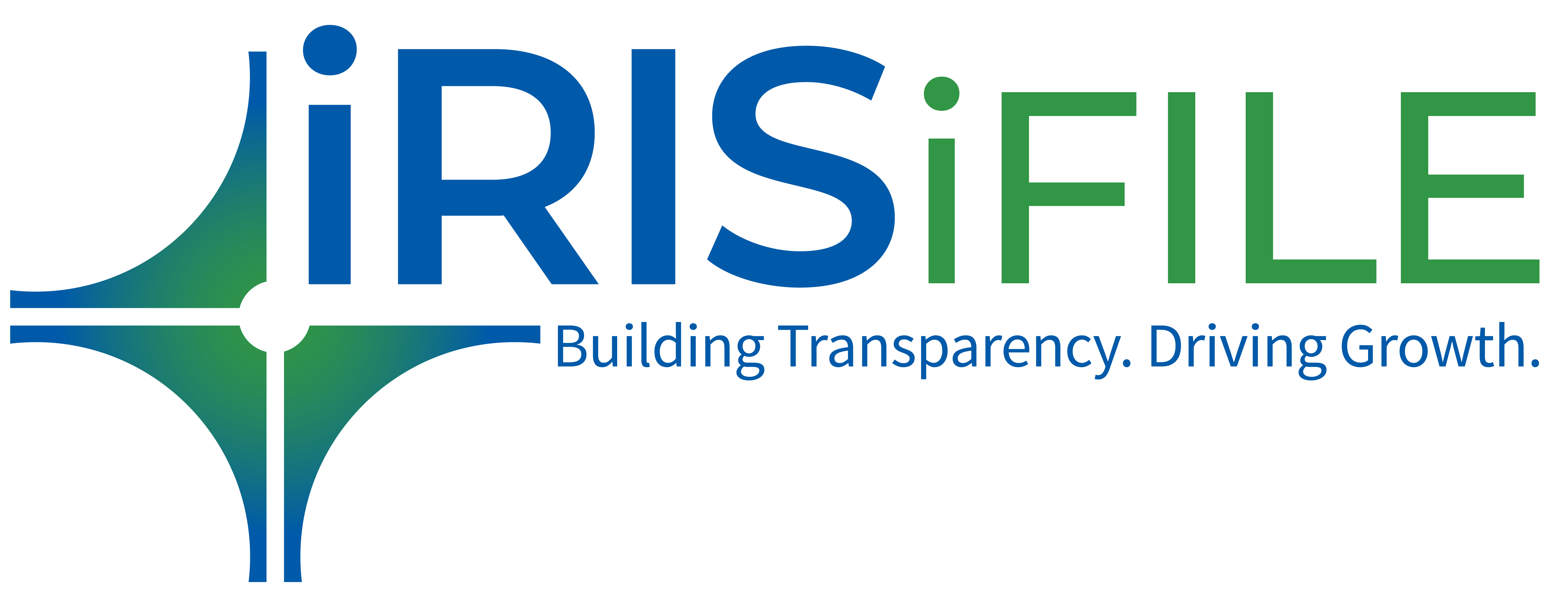Background
Jordan Securities Commission, Securities Depository Center (SDC) and Amman Stock Exchange together are referred as Jordan Capital Market (JCM). Based on the “Instructions of Issuing Companies Disclosure, Accounting and Auditing Standards” and the “Instructions of Criteria for Solvency Brokerage Companies Operating on the Stock Exchange” issued by the JSC, the “Listing Securities Directives” and the “Internal-bylaw of the ASE” issued by the ASE all issued by virtue of the provisions of articles of the Securities Law No. 76 for the year 2002 and any other instructions or directives related to the capital market, all the reporting entities have to submit their disclosures to the JSC and the ASE within the timeframes required. JCM has planned to introduce XBRL for voluntary electronic submission (e-filing) of these disclosures to facilitate rapid and accurate disclosures, vital for transparency, efficiency and accountability.
Challenges
Currently these disclosures are submitted to JCM on common paper based forms or the reporting entity own form by hand, fax or e-mails. JCM review and validate those disclosures before manually scan them to transform them into PDF format with the original received layout (Arabic) and upload those disclosures in the database. This process posed few challenges:
- Dreary process: The manual process of submission and storage of paper documents is very monotonous. Also the consumption of submitted documents is a time consuming process.
- Review of data: As the filing is in paper format, tracking of documents submitted, ensuring authenticity and communicating non-compliance in time are big concerns resulting in risk of non-filing/ filing after due date. With scrutiny of documents being completely dependent on manual effort, validation of submitted data is a serious concern leading to risk of non-adherence to business rules.
- Lack of authenticated and validated data: JCM wanted an efficient and cost-effective system to address the challenges in collecting, processing and reporting of information. The regulator wanted to move away from paper-filing to a more technology driven e-filing system which would be convenient for filers and also ensure that data received is authentic, accurate and within stipulated time.
Solution
JCM conducted a detailed study and analysis on e-filing systems and decided to use a XBRL (Extensible Business Reporting Language) based e-filing system to receive annual financial statements. JCM appointed IRIS Business Services Ltd. to develop and roll out their iFile reporting platform for managing XBRL based financial statements and structured data reporting (SDR) based disclosures. The program began in early 2017 and is currently in its development phase.
The IRIS team has followed the given below process for implementation of entire solution:
JCM Taxonomy:
IRIS conducted a study of the accounting and compliance requirement of all legal and business entities in the country. In JCM, entities are divided into three main business sectors which are Financial sector, Services sector and Industrial sector. Based on the guidelines, these entities are required to prepare their financial statements as per International Financial Reporting Standards (IFRS) and Financial Accounting Standards issued by Accounting and Auditing Organization for Islamic Financial Institutions (AAOIFI FAS).
The JCM Taxonomy is being developed on the basis of above standards. The taxonomy is the XBRL representation of the underlying standards and legislation, to allow business entities to prepare financial statements in accordance with the XBRL filing requirements.
It has 15 entry points covering the three aforementioned business sectors and Mutual funds. The taxonomy enables filers to capture the filing information which identifies the filing entity and other relevant details pertinent to XBRL filing for financial statements. It has defined business validation rules to ensure quality data capture. The taxonomy also includes notifications and other regulatory requirements issued by regulators related to the format, structure and elements to be reported in financial statements.
Benefits
Following are the benefits of XBRL reporting:
- Standardization: As a single source of guiding principles, the JCM Taxonomy will help standardize reporting across all the entities, making analysis at the regulator’s end very easy.
- Automation: Filing tools automatically generate the XBRL instance document after necessary validation checks on the data fed-in by filers. As part of XBRL instance generation process, such input data is automatically checked for calculation accuracy and reporting compliance through an integrated validation engine. This eliminates possible errors due to manual intervention, ensures ultimate reliability and accuracy of data.
- Efficiency: The use of XBRL will enhance efficiency at the filers’ end, making it more convenient and quicker, while reducing expenses. Reduction in manual intervention will also make the entire process seamless and transparent.
- Analytical capabilities: Simplified and quicker access to quality information will help reduce time taken for analysis at the regulator’s end.
- User management: The tool will have an in-built user management module that will allow for easy user creation and role assignment. Users will have access to select sections of the application based on the roles and rights allocated to them. This helps maintain hierarchy and adds a layer of security to the process of regulatory reporting.
Filing Platform:
JCM has decided to provide filers with filing tools to help them move from paper to e-filing. IRIS developed an e-filing XBRL application, powered by IRIS iFILE for all the companies based on the filing requirements and business rules used for validation. IRIS iFile desktop client creates the Intelligent Spreadsheet and Web forms to enable the users (the reporting banks) to generate Return reports in XBRL format. The intelligent spreadsheet obviates the need to know XBRL by the reporting entity with its salient features as below.
Some main components of the filing platform are:
- Desktop preparation tool (iFILE): An MS Excel based filing tool to prepare validated XBRL documents offline and submit to JCM later.
- iFILE e-Filing portal: A website for uploading XBRL filings for approval and rejection from JCM. The website also includes a validation engine to validate XBRL filings received.
Key features of the filing platform are:
- User friendly: Both the filing tools are supported by many filer-friendly features such as auto-selection of industry specific templates from different industries.
- Built-in taxonomy viewer: A taxonomy viewer is integrated into the iFILE client tool to enable users to view various taxonomy components such as presentation, calculation, definition, label and schema with element information. This helps filers to identify appropriate elements from the taxonomy to define reporting numbers.
- Validation rules: Filing tools and e-filing portal are embedded with a validation engine to ensure data quality.
- Quality screening: The system will allow the regulator to approve/reject filings based on their quality.
- Multi-lingual display: The platform will support multi-lingual display in Arabic and English, based on the selected language.
- Reports for filers and JCM: The reporting module in the system will help generate predefined as well as custom reports for use by the regulator. Filers too can generate reports such as submission history and MIS.
- Data repository: The e-filing portal will be equipped with a data repository for storing the filed information. Data will be stored in native XBRL files as well as shredded and stored in a relational database.
About JCM
Jordan Securities Commission, Securities Depository Center (SDC) and Amman Stock Exchange together are referred as Jordan Capital Market (JCM). JCM mission is to regulate, monitor and develop Jordan capital market in issues related to disclosure, financial services activities and dealing in securities. In order to enhance the trust in the national economy, encourage investment and protect investors. As well as, upgrade legislations and technical developments continuously and according to recent standards & international best practices.
About IRIS
IRIS Business Services Limited is a leading structured data solutions company with global presence in regulatory and compliance reporting software. The firm is uniquely positioned with offerings across the spectrum of creation, management and use of structured data in the realm of business and financial reporting. IRIS serves a client base that includes regulators in over a dozen countries around the world, leading banks, financial market intermediaries, consulting firms, financial printers as well as large and small enterprises. Our partner network includes the Big 4 accounting firms, system integrators and specialized software and consulting firms that use IRIS’ products and expertise to enhance their offerings to end clients.
Learn more about us at: www.irisbusiness.com








